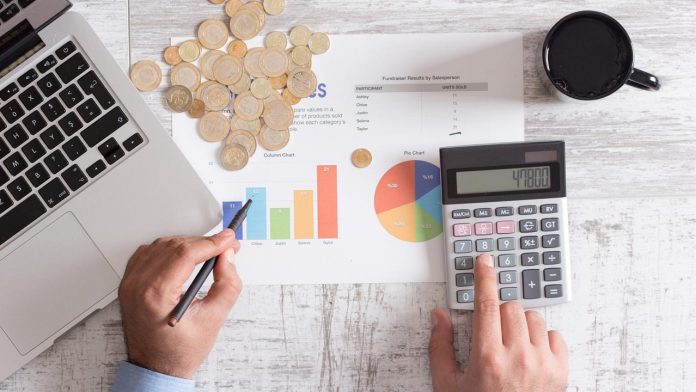Banking and savings can be considered two sides of the same coin. We all want to save money and it the number one money tip that everyone advocates and implements on themselves as well. Although this is all for good reasons too how it is possible is a big question. What should be the most appropriate way is still need to explore with every minute changing trends.
If one goes with conventional banking for having a savings account, the interest rate is a big issue while on the other hand Islamic bank speculation savings account is another way to explore properly for international account holders in UAE.
Cut it short, keep one thing in your mind that it is the most basic money management step that keeps you prepared for the most unexpected scenarios. For example, a sudden car breaking down, or you need to make an emergency trip, having savings in your account gives you peace of mind. Otherwise to come out of such big financial losses is hard to tackle.
However, saving is just one part of the equation and there are two other directions that give you the exact output to deal with this plan. First seeing it as just a lump sum of money you already have in your savings account, you should focus on the ways to keep it stable and save it from losing the potential value this plan can give you. You can take the path with two options as:
- Islamic savings account with a Fixed Deposit
- Conventional savings account with an investment plan
Choose which way you want because both are working in a perfect manner in the UAE region. To make sure that you can get maximum output through a saving plan, here are five mistakes you need to avoid when it comes to your savings.
Don’t have any idea about savings ratio
There is a variation in the savings options like if you are saving for your emergency fund, the general rule of thumb is to save up at least three months of your monthly income. While if you are saving for a UAE mortgage loan, at least you have six months’ monthly expenses so that to easily handle your loan installments without disturbing your routine based tasks.
Let me explain through an example, if your monthly income is AED 3,000, you may look at saving about AED 10000 for your home loan or a mortgage loan in the future then you must start by putting 10% of your monthly income into your savings account.
This is the most basic formula to manage your savings in a fruitful way. Most of the expatriates don’t have an exact idea and they informally get into a loan which comes into an ultimate result in the form of debt. So be prepared yourself with all outcomes so that to manage in a responsible and accurate way.
Avoid saving in an interest bearing account
In conventional banking, savings come from an interest rate system but it’s of no use because at the end of your FD, you will get a minimum amount. Always keep one thing in your mind that compounding interest makes the world go round – well, almost and in many similar situations.
Now the point is, how can we safeguard our hard-earned money from the ghastly inflation in critical situations? Very simple, you always put your emergency savings in an account that offers liquidity and high-interest rate. This is a variable method that can save you from the inflations period when banks have no other option but to cut down your interest rate. This is the only way to save your actual profit.
We would recommend you to take advantage of this feature from savings or current accounts offered by the banks in the UAE. In this way, you can also boost your savings. There is another way out in the form of multiple savings account. For example in a multi-tiered interest account, you don’t only protect your savings from the situation like inflation, but at the other end, you always keep working to increase your funds.
Use auto-billing payments
Most of the account holders don’t have any idea about the smart savings options in UAE they ignore the small things which can be used for savings. Like paying your bills isn’t part of saving, do a thing so? It’s wrong because making smart payments can save you money in many ways. Nowadays making payments have become increasingly easy through credit card and other online banking options. To complete this task you can even choose the option of making recurring transactions.
Suppose you are working with an Islamic loan in the Emirates and you have to make payments for your loan schemes every month. If you are using auto-billing options, you can save a lot. All these features help you to keep track of your payments at one side while on the other hand, you can make it safer for getting further into debt. There is a choice like making late payments through checks and other transaction options. Well, it doesn’t just incur higher interest costs but also affects your credit health, which will impact your credit application in the future.
In UAE, most of the banks provide auto-billing transactions without any fee and it can be done completely free of charge but some of the banks charged a little amount. Take note of these in a proper way and consider this extra fee will help you save in other ways like managing the loan sheet. While the cost of paying your bills manually could possibly be higher due to late transactions.
Conclusive point
As an expatriate, if you want to work for your savings plans, investment solutions or any kind of a loan option, the best Islamic current account might be an appropriate option. You should read all the terms and conditions applied to a scheme because this is quite unique as compared to the conventional banking system.

































